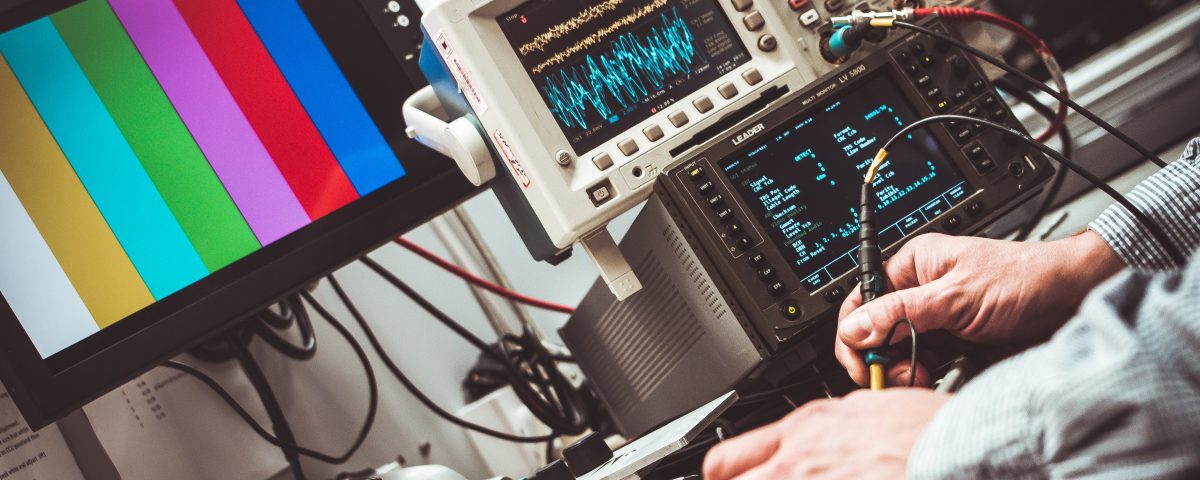World Update: Panasonic woos the world with next generation, innovative solutions at Dubai exhibition

Africa Update: Moody’s downgrades Angola’s ratings to B2, outlook stable
October 24, 2017
Africa Update: African Rainbow Minerals fires KPMG as auditor
October 24, 2017Barely two weeks ago, Japan’s premium, quality brand, Panasonic, participated in the GITEX Technology week in Dubai. From a distance, it appeared a routine function, where the world’s best and innovative brands compete and display their latest offerings. But the Japanese company surpassed all expectations in its display of mind-blowing brands.
The excitement was palpable; it was more a gathering of tribes. Electronics lovers and connoisseurs were all around for what would become the latest technology in electronics.
Technology was on show, from the latest to the mid-stream products, there was one creative innovation to the other such that a visitor to the fair would not but marvel at what the eyes beheld.
To pick but a few from the Panasonic brand, one of the products on display was the Toughbook, which comes with windows 10 Pro, in CF-32 CF-33 two in one detachable, CF-54 full HD, CF-20 and Toughpad FZ-G1 and FZ-M1 series.
What differentiates the Toughbook and Toughpad from other systems is their ruggedness, as they are made to withstand rugged operations. They are also said to be water and dust-proof. “Every material used to produce the systems is not used in a normal laptop or Ipad, and it has up to 20 hours battery life,” said Bijoy John of System Solutions Department, Panasonic.
He said target industries or users for the device include field service workers, maintenance and service technicians in utilities and telecommunications, as well as government agencies, defense, the police and other emergency services. The cost, he said, is between 2000 to 5000 dollars, adding, “This latest, detachable device offers the richest set of business interfaces with additional customisable options to meet a customer’s needs.”
Another eye-catcher device on display was the Transparent Screen Visual Solution, which transforms an ordinary glass window into a visual showcase. This is said to be a perfect retail display solution. Through a projector, a constant contrast can be obtained to match installation conditions. This screen switches between transparent and digital screen, allowing one to maintain a transparent functionality and choose when to showcase stunning digital videos. The manufacturers foresee that this would transform the future of retail industry.
There was also the 360-degree live camera system AW-360C10, capable of producing a 360-degree video in uncompressed 4k. The system generates 2:1 equi-rectangular format 360-degree video by stitching the output of four cameras, giving the spectator the sense of immersion in variation of scenes such as live broadcast of sports, concerts and other stadium events.
The LinkRay technology is a unique information distribution technology that employs visible light to beam information to consumers, poised to revolutionise communication and marketing in tourism, retail, hospital, transport and event management industry.
LinkRay delivers mobile content by enabling ordinary smartphones to read IDs sent from LED transmitters, such as displays, signboards and spotlights. The app provides interactive content that enhances exhibits at cultural facilities, such as museums, art galleries and tourist centres.
Still on the visual solutions, Panasonic displayed TH-75BQE1, the interactive solution, a robust touchscreen, designed for interactive display, which is lithe and consistent solution for education spaces and meeting rooms. The cost-effective solution increases usability and participant involvement.
A key highlight of the show was the Stadium Mapping miniature, which was created based on the ‘Osaka Derby Projection Night’ conducted earlier this year in Japan’s Suita football stadium, produced and directed by Panasonic. The company’s latest PT-R2970 projector utilized to create this solution unleashes the true power of imagination with 20,000 hour maintenance free endurance, and a Solid Shine laser with balancing image quality. The Dome Mapping was also a centre of attraction, as it drew the crowd. This mapping with the innovative fish-eye lens is said to harness the next generation imaging technology. It delivers an absolute immersive experience in temporary or permanent installation in single or multi projection layouts.
Shortly before the exhibition opened, The Guardian had an interactive session with some of the company’s top executives, including Director, System Solutions and Communications Division, Middle East and Africa, Mr. Yasuo Yamasaki; Managing Director, Panasonic Marketing Middle East and Africa (PMMAF), Mr. Hiroki Soejima; Head of Africa Division, PMMAF, Mr. Hiroyuki Shibutani and Managing Director of Media and Entertainment Business Division, Mr. Toshinori Kishi.
On its product line billed for launch in Nigerian and Africa, Shibutani said once the opportunity presented itself, the products would be launched, noting, “Nigeria is one of our major strategic markets in consumer products. We are looking forward to supplying the products in the Nigerian market. We are offering products, which are of the same quality around the globe. But they come in different ranges, which make some more affordable to our consumers in Nigeria.”
On why Panasonic lost its footing in the Nigerian market, he said the product had faced difficult challenges, especially with forex fluctuations, “and we still have a big challenge with Korea and China brands. We still keep the presence of consumer products. We just started to revive the African business last year, with an internal project, focusing more on Nigerian and Kenyan markets.
“Previously, most of our products were developed in Japan, but now on African products, we have a special team in the division that develop these products for the African market. We also have a good team in Malaysia developing some of these products for the Nigerian market.

